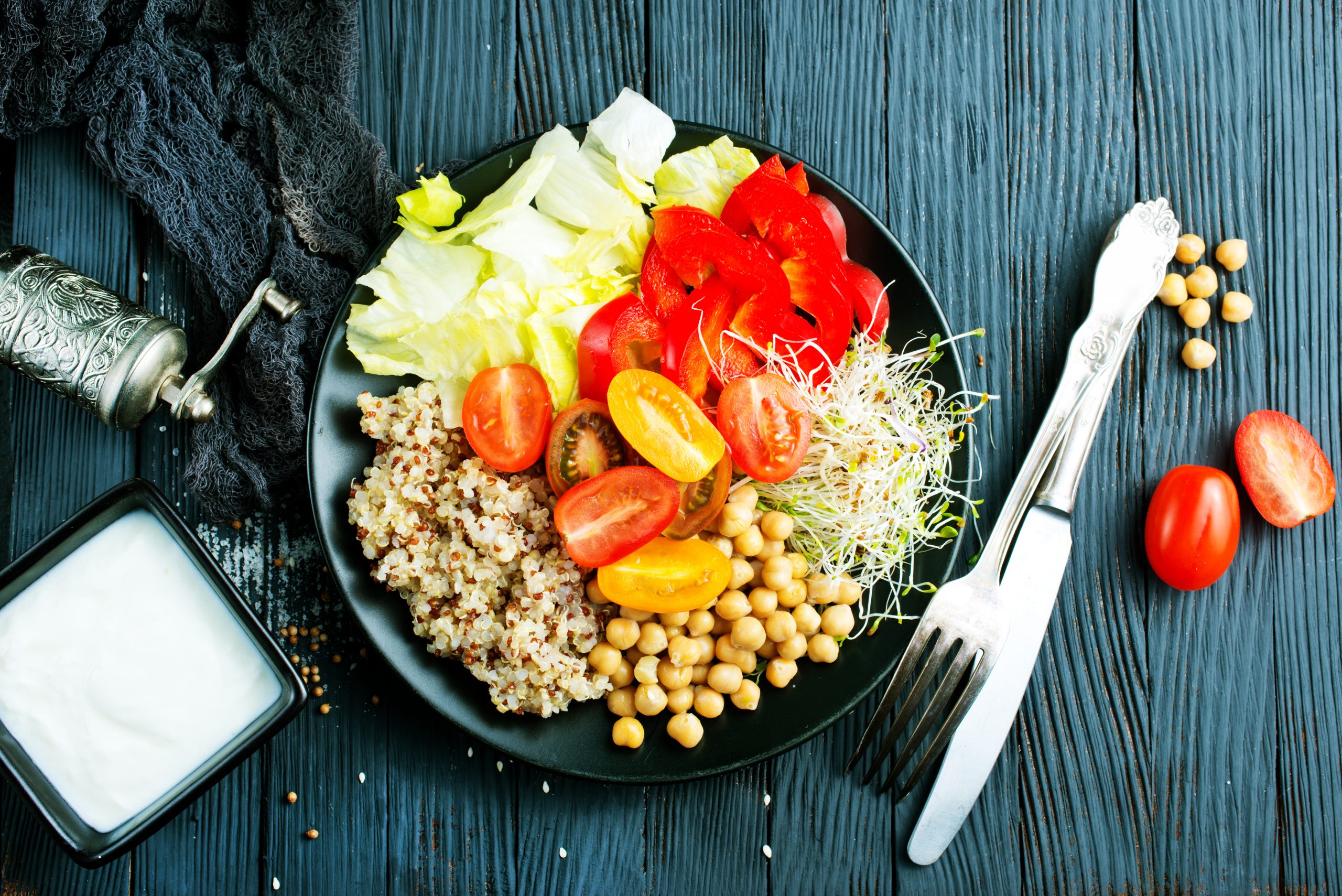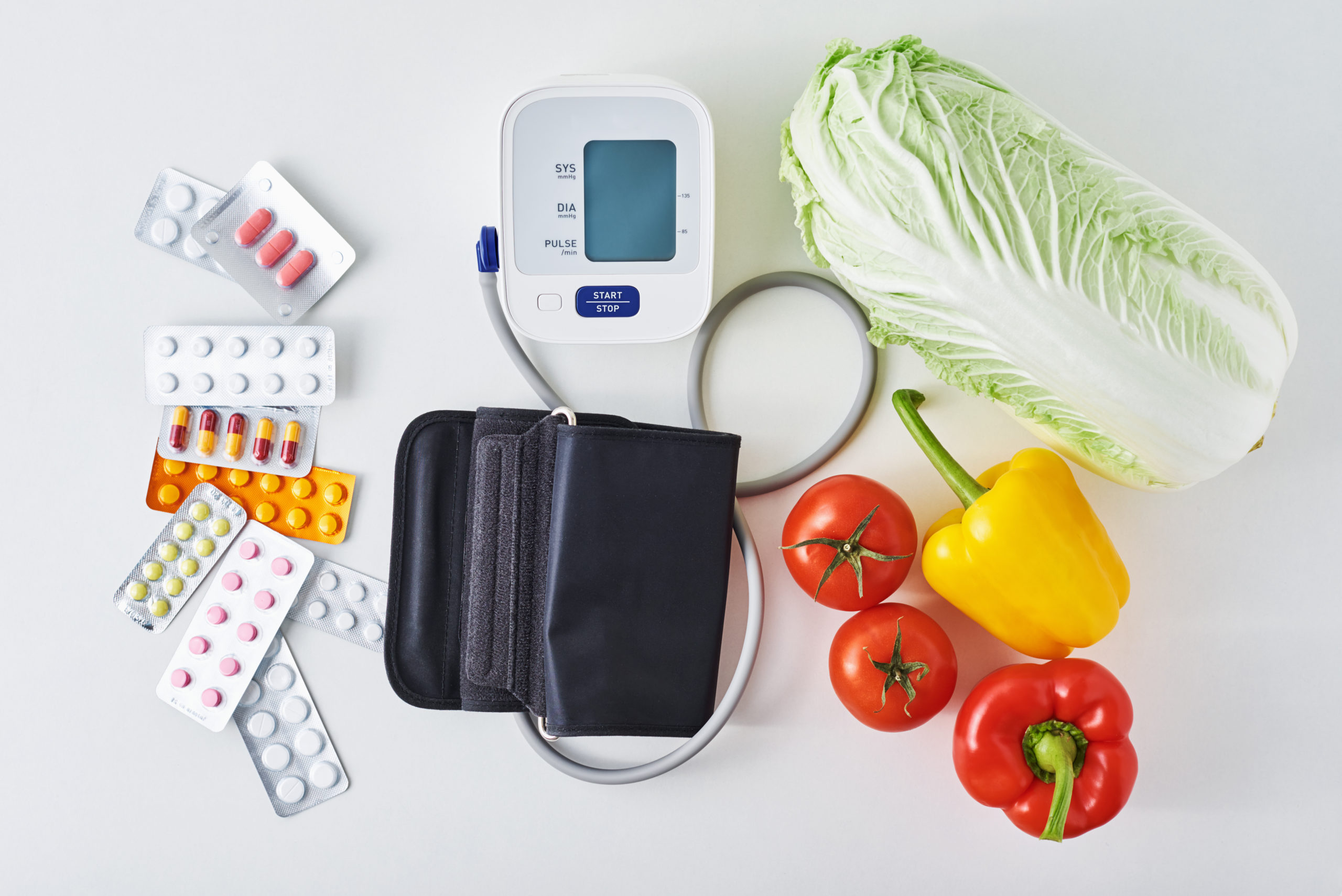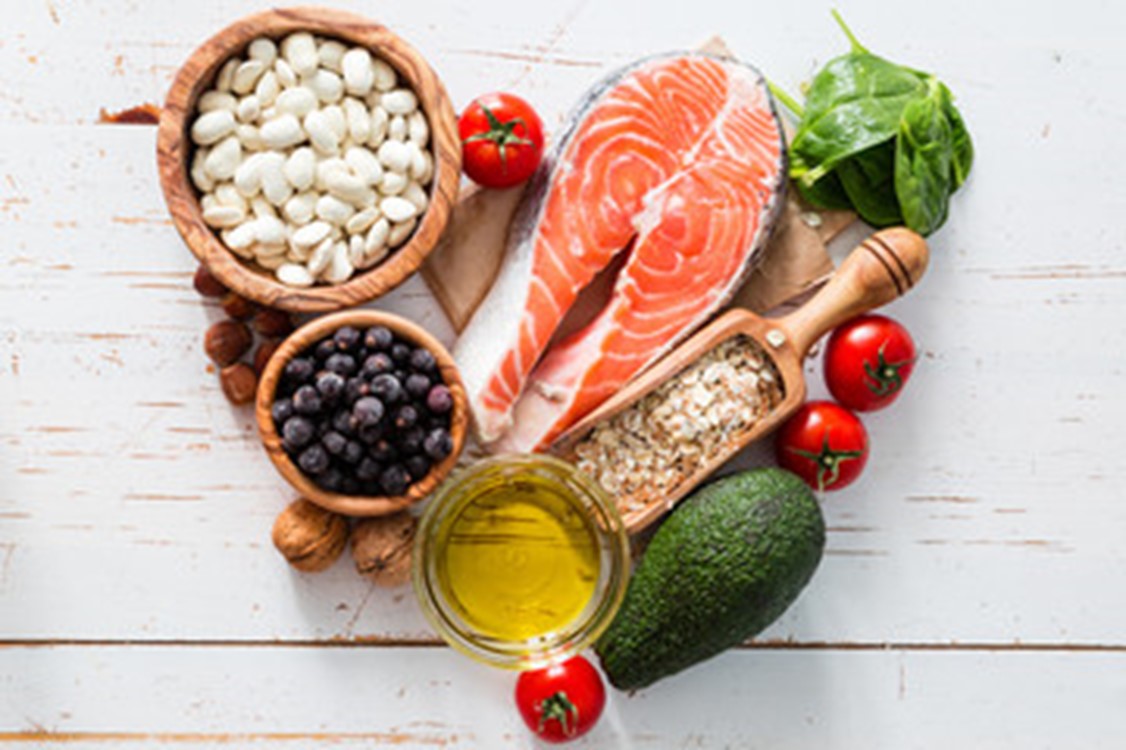
Different Types of Diets and their Definitions
Over the past 50 years, the food industry has changed dramatically. As we continue to learn the positive and negative impact food has on our health, numerous different types of diets have come and gone. While there are many opinions on which diets are best for your overall health, today’s main two categories are those who eat mean and those who don’t.
Medical researchers over the last decade have performed numerous studies to determine the implications of plant-based diets on your weight, cardiovascular health, energy, and several other areas related to health and well-being.
Vegan and Vegetarian Diet Plans
Plant-based diets are characterized by eliminating all types of meat, including fish. True vegans eliminate all other animal products like eggs and dairy. Foods that come from plants, like fruits, legumes, root veggies, and grains form the foundation of these diets.
There are several different perceptions out there when it comes to defining a “plant-based” diet. If you asked three people, you might get three different responses.
The table below will help simplify things by breaking down the categories associated with the term plant-based diet.
Dietary Types and Their Classification
Diet |
Definition |
| Vegan | Excludes all animal products |
| WFPB (whole-foods plant-based) | Excludes heavily processed foods while focusing on foods in their most natural form |
| Raw vegan | Excludes all animal products, along with products that cannot be consumed uncooked or raw |
| Lacto-ovo-vegetarian | Excludes all forms of meat but permits other animal products (dairy, eggs, honey, etc.) |
| Lacto-vegetarian | It excludes all forms of meat and eggs but permits dairy products, honey, etc. |
| Ovo-vegetarian | It excludes all forms of meat and dairy products but permits eggs, honey, etc. |
| Pescatarian | It excludes meat but permits fish, dairy products, eggs, honey, etc. |
| Semi-vegetarian
/Flexitarian |
Switches between vegetarian and meat-based diets; consists mainly of a vegetarian diet, with a minimal intake of meat |
| Omnivore | It does not exclude any animal products |
In the media, the definition of a plant-based diet is expansive. For example, a US World News and Report found twelve diet variations to rank, including the Mediterranean Diet, Flexitarian Diet, Ornish Diet, and the most commonly thought of Vegetarian and Vegan diets. All of these variations beg the question, “What exactly is a plant-based diet, and what are the benefits and drawbacks?”
Let’s dissect the definition:
“A plant-based diet includes all minimally processed fruits and vegetables, whole grains, legumes, nuts and seeds, herbs and spices, and excludes all animal products, including red meat, poultry, fish, eggs, and dairy products” (Ostfeld, 2017).
The emphasis on whole foods distinguishes this definition from a traditional vegan diet (the complete elimination of all animal products, including meat, poultry, fish, eggs, dairy, and honey). The plant-based diet is restrictive, which brings us to the pros and cons debate:
The benefits of eating a plant-based diet include:
When compared to other types of diets, plant-based diets appear to hold promise in terms of lowering diabetes risk. According to three prospective cohort studies, “having a diet that emphasized plant foods and was low in animal foods was associated with a 20% reduction in the risk of diabetes” (Satija et al., 2016).

The eating plan could be a successful weight-loss diet:
A nearly 50,000-person study compared the BMIs and diabetes risk of those who followed a vegan diet, a vegetarian diet and its variations, and an omnivore diet. According to the findings, the average BMI of vegans was 23.6 kg/m2 and 28.8 kg/m2. According to the authors, “vegetarian diets may play a beneficial role in promoting health and preventing obesity” (Tonstad et al., 2009).
Plant-based diets may also provide cardioprotection:
According to a case-control study, vegans had significantly lower systolic blood pressure, fasting glucose, and triglyceride levels (Goff et al., 2004). According to the authors, the vegan diet’s cardioprotective mechanism may be due to high intakes of complex carbohydrates and polyunsaturated fatty acids and significantly lower intakes of animal proteins and saturated fatty acids.
A plant-based diet, like any other eating plan, has drawbacks:
While nutritional deficiencies in plant-based eaters are possible, the media has exaggerated this. Let’s look at the information provided by the Academy of Nutrition and Dietetics. With some vegetarian diets, vitamin B12 and iron deficiencies can occur. However, many still achieve adequate iron intake through plant-based sources (leafy greens, soy products, lentils, and others). Additionally, you can get enough vitamin B12 intake through fortified foods (enriched cold cereals, enriched breakfast shakes, and more) (Melina et al., 2016).
A completely plant-based diet would require you to give up many of your favorite foods, such as hamburgers or ice cream. Although the cost of healthy foods is insignificant compared to less nutritionally dense foods, the perceived cost may be a barrier for some.
The good news is that a plant-based diet does not have to be all or nothing. For example, the Mediterranean Diet, which is high in plant-based foods but does not eliminate anything and has shown promise in preventing chronic diseases (Widmer et al., 2015).
Finally, the plant-based diet shows promise in terms of chronic disease prevention. A well-planned plant-based diet can be both nutritious and sustainable. Other types of diets that emphasize fruits, vegetables, and whole grains have similar health benefits as a plant-based diet.






